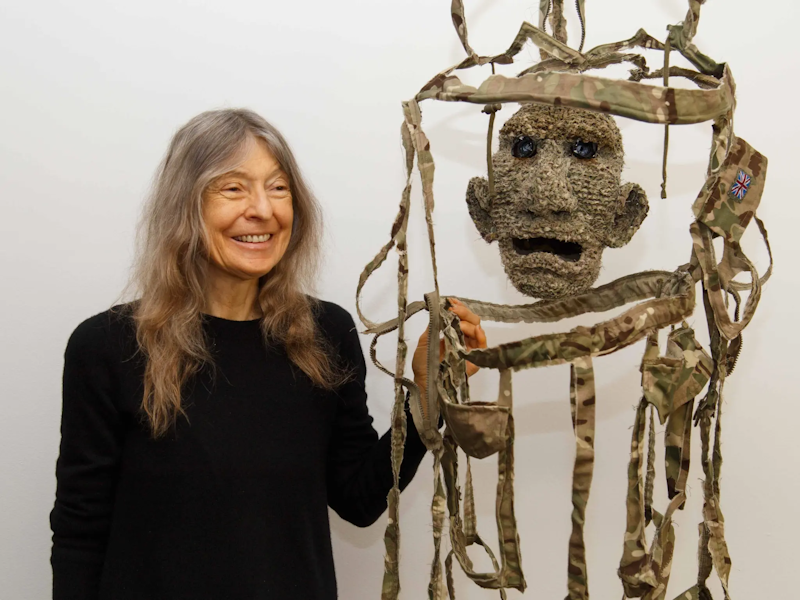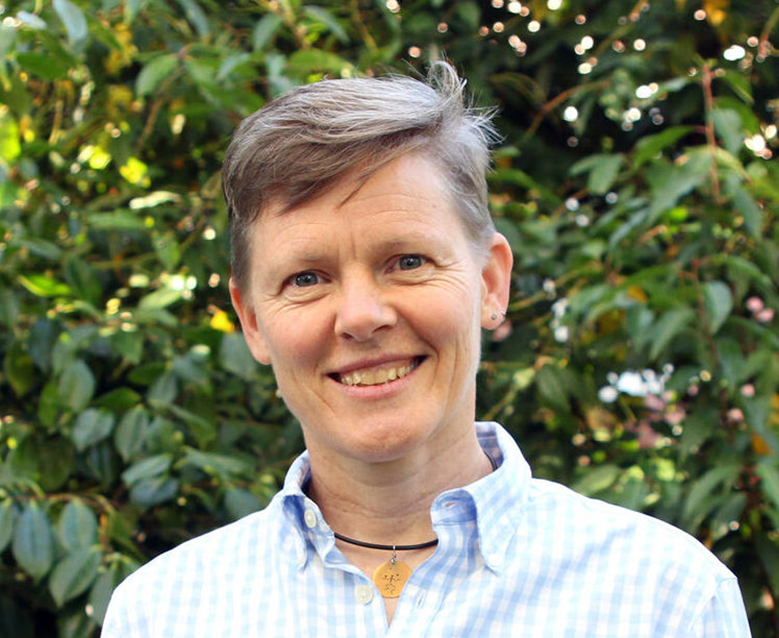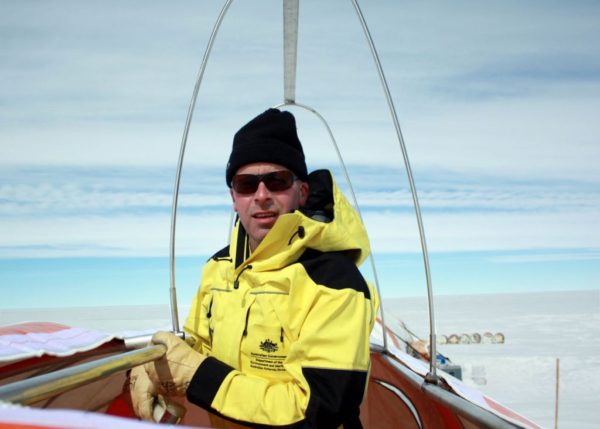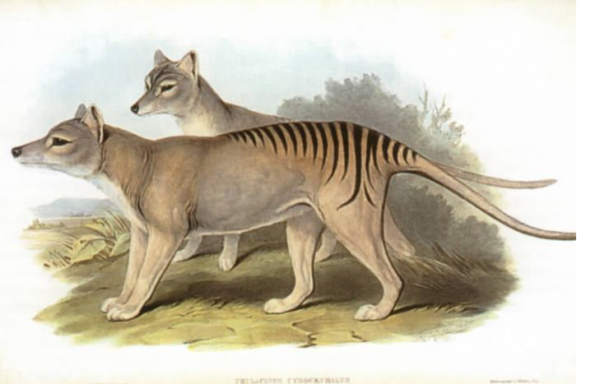Peter Smith Medal
Peter Warnock Smith (1924-2017) was an inorganic chemist, who at the University of Tasmania introduced new research and teaching topics, such as analytical chemistry, industrial and applied chemistry, and chemistry for engineers. Smith was a long-term contributor to the RST and was President in 2006.
The Peter Smith Medal is awarded biennially to an outstanding early career researcher in any field. The awardee receives a medal and is invited to deliver the “Peter Smith Lecture” to the Society. The inaugural Peter Smith Medal was awarded in 2018.
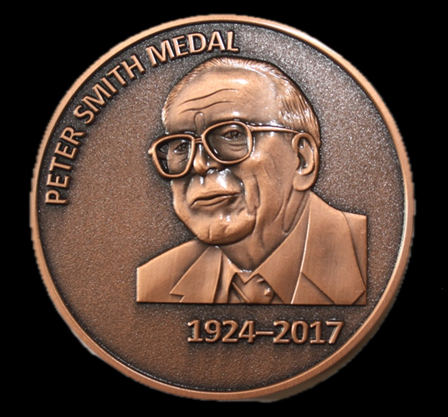
This year the recipient of the Peter Smith Medal is Dr Edward Doddridge (University of Tasmania) for his outstanding contribution to the field of physical oceanography. Through his research, he works to improve our understanding of ocean currents and the ocean’s role in our climate.
Dr Edward Doddridge is a Physical Oceanographer working at the ocean-sea ice interface with the Australian Antarctic Program Partnership. Dr Doddridge’s research uses theory, numerical models, and observations to improve our understanding of the fundamental dynamics of the polar ocean and its response to climate change. His work has revealed new details about the influence of sea ice on ocean currents, and of ocean warming on sea ice loss.
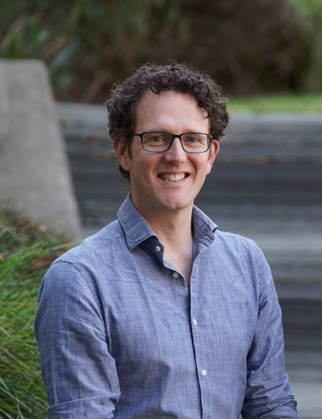
(Photo Harshula Jayasuriya).
Louisa Anne Meredith Medal
Louisa Anne Meredith (1812-1895) (née Twamley) came to Tasmania in 1840 and was a remarkable woman, a prolific artist, writer and social commentator. She was the first woman to be granted Honorary membership of The Royal Society of Tasmania in 1881. The RST has a large number of her sketches and watercolours in its Art Collection, as well as a number of her books in its Library. Meredith contributed a great deal to the work of The Royal Society of Tasmania. Over several decades, she sent interesting specimens to the Royal Society Museum and presented beautiful and accurate watercolours of many specimens to the RST. These artworks were much admired at Society meetings as being ‘beautifully executed’. The Royal Society of Tasmania also purchased a number of her illustrations at the time.
The Louisa Anne Meredith Medal is awarded every four years to a person who excels in the field of arts or humanities or both, with outstanding contributions evidenced by creative outputs. The awardee receives a medal and is invited to deliver the “Louisa Anne Meredith Lecture” to the Society. The Louisa Anne Meredith medal was established by the RST in 2023. This year is the inaugural award of this medal.
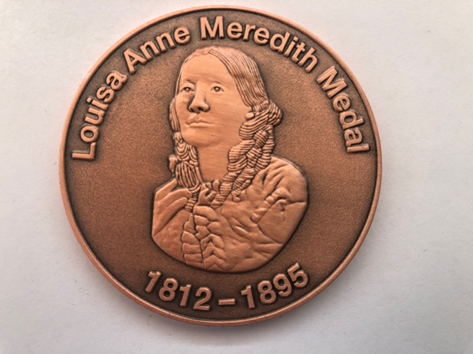
The RST Honours Committee decided that it was inappropriate to attempt to separate two outstanding nominations for the medal. The Louisa Anne Meredith medals for 2024 are awarded to Cassandra Pybus and Fiona Hall.
Professor Pybus is well regarded internationally as an historian of colonial society in Australia, S.E. Asia, the Caribbean and North America. As a non-fiction writer, she draws on exhaustive historical research to create compelling alternative narratives about the past.
Cassandra Pybus is a distinguished historian, author of thirteen books and Fellow of the Australian Academy of the Humanities. She has been the recipient of several Australia Council Fellowships and a Federation of Australia Centenary Medal for outstanding contribution to literature. Between 2000 and 2013 she was Australian Research Council Professorial Fellow at both the University of Tasmania and the University of Sydney and has been Fulbright Professor at Georgetown University in Washington DC, Distinguished Visiting Professor at the University of Texas, and Leverhulme Visiting Professor at King’s College, London. Her recent book A Very Secret Trade interrogates the trade in First People’s skeletal remains, which is the last of a trilogy concerned with the destruction of the First People of Tasmania, beginning with Community of Thieves, published in 1991, followed by Truganini in 2020 which won the National Biography Award.
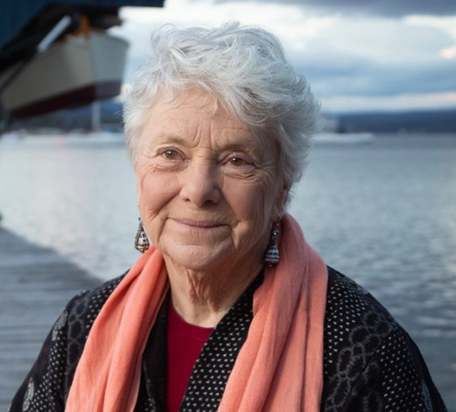
Fiona Hall AO is an internationally respected visual artist, one of Australia’s most highly regarded and recognised artists. She works across a range of media including painting, photography, sculpture and installation.
